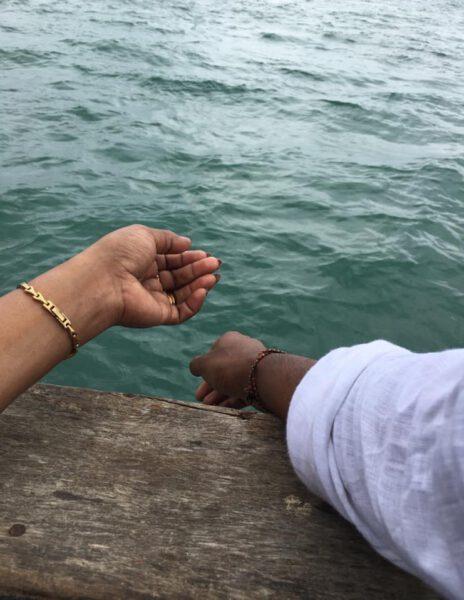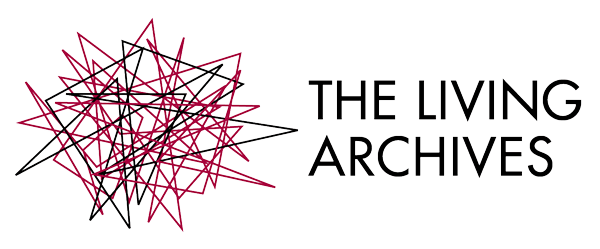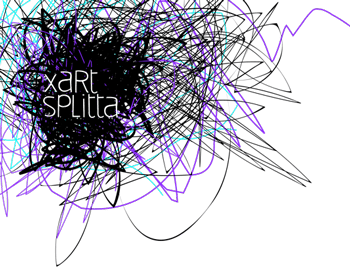two young eritrean women walked into a grocery store owned by a eelam tamil family. the store is located in an unsuspecting residential area of nuremberg, close to the central station where most refugee & immigrant stores have usually found a home. this store specialises on importing food items from „asia“ and „africa“ and is run as a family enterprise by a father-mother-son team. the grocery shop is relatively small, crowded and rather fittingly called „ocean indien“ in french.
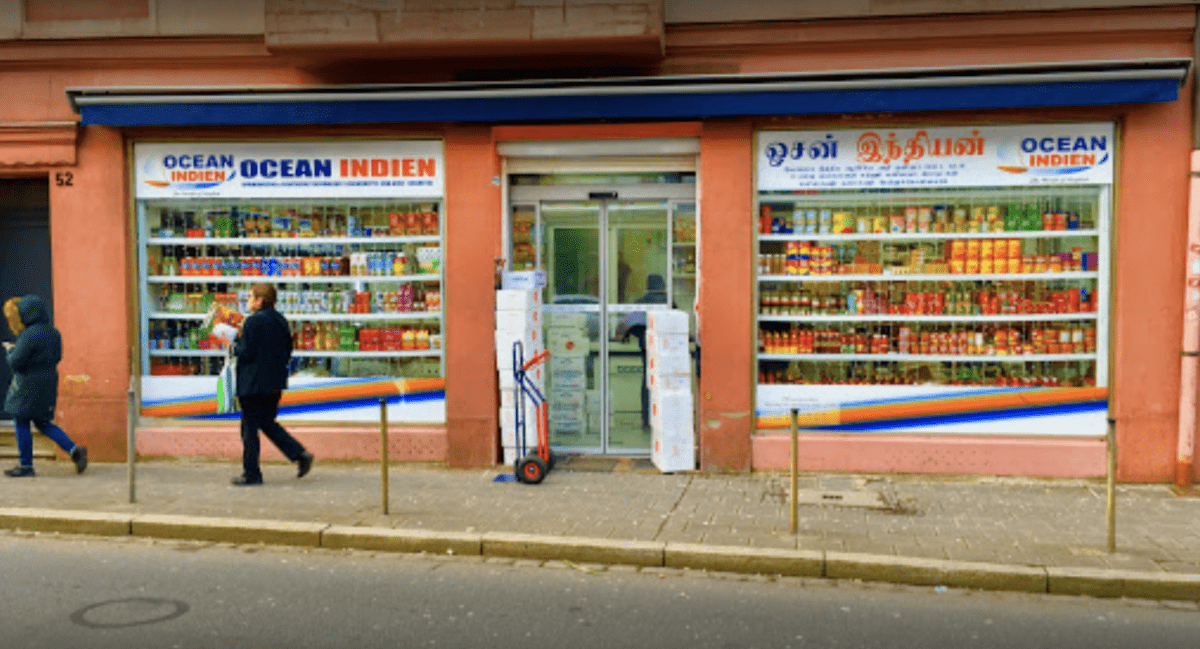
the owner’s young son has, as war diaspora goes, lived for some time in paris where he, over the years, picked up on french and a good understanding of how to cater to different african customers. considering the overall large african population in france, considering the relatively small population of tamils in france, many eelam tamil stores have adjusted over time to cater to their demands too. the young eelam tamil man quickly realized the potential this could have in germany, a country where the numbers of immigrants and refugees from both regions are much smaller than in france.
when you walk into the store today, it’s at certain times of the day, mostly the early evenings, when refugees & immigrants finish their underpaid and overworked jobs, a „global south-south” experience and experiment. you’ll find ‘fair & lovely’ tubes stand next to ‘dark & lovely’ creams; you’ll find different brown-skinned people compete over the same drumsticks, okra and coconut juice. close to the indian ocean store, there’s an immigrant store run by a thai woman specialised on „asian“ food as well. her definition of „asian“ is, however, slightly different to that of the tamil family’s. it is reflected in the items she carries on her shelves, which are exclusively southeast and east asian. her clients are predominantly from the region, or alternatively white.
in stark contrast, all three tamil stores in this southern german metropolis have no significant white client base but a large east african one instead. these are of course primarily economic questions to ponder about: with a fringe market and demand in the absence of a large „south asian“ community and little interest from white buyers, it’s almost impossible to be able to survive if you specialise on so-called south asian food items alone, particularly in this region of germany. but even those eelam tamil stores that do not offer products from africa still attract a significant amount of black customers by way of some of their staple items and a wide range of vegetables.
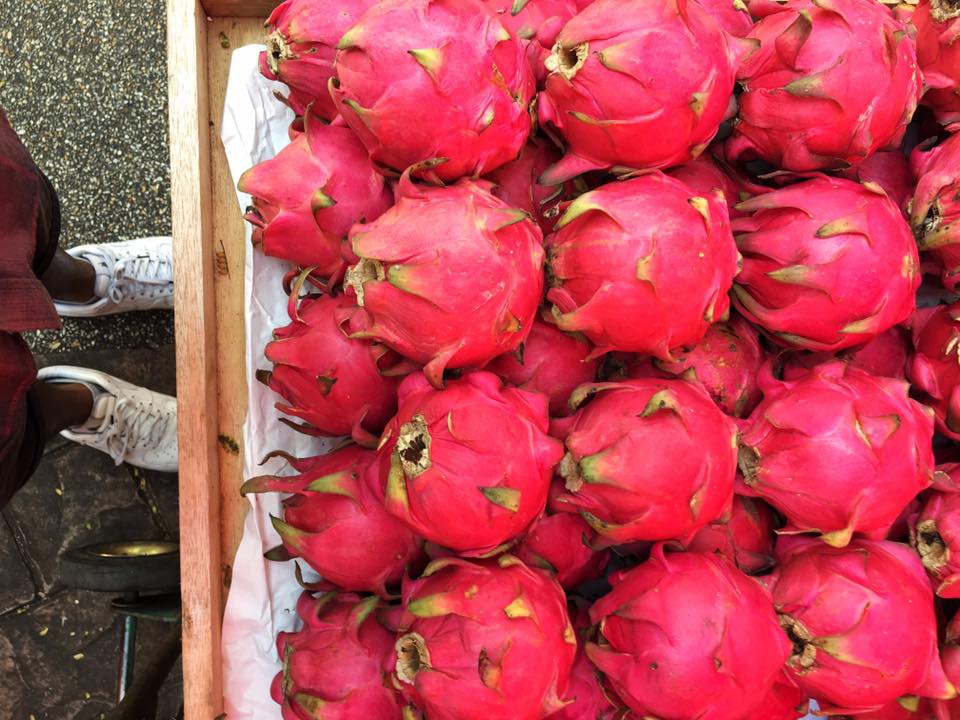
when the two young women walked in, they were looking for an ethiopian flour in one of the store’s narrow aisles. as they couldn’t find the right brand, they asked the store owner’s son for help in german. at first i wasn’t sure if they were eritrean to begin with until i heard them speak. both could have perfectly passed as eelam tamil. as i could tell from their looks, the irritation was seemingly not just mine. in the other section of the store, next to the frozen sea food, there was an elder congolese man and a young eelam tamil family. by then, the tiny store floor was overflowing with people of all shades of brown.
the congolese man was seemingly acquinted with the store owner’s son, whom he greeted and pleasantly talked to in french. in between, my mother cut in to ask a question about a date syrup in jaffna tamil. he replied back in the same tamil. then the eritrean women interjected again to ask the young man a question about the different types of flours they sell. he replied back in german before another group of young senegalese men stormed in with a cheerful ‘ca va?!’ by the time, the congolese man had already moved on to go about his business.
standing in that small store, it was impossible to not notice all the little to no differences that were between them, between us — except for the two north indian customers maybe. it was impossible to not notice how our lives overlap and run into each other in these spaces and rare moments — and yet so easily drift apart in most others. it was impossible to not see the refugee supermarket as a place to meet, a space to see each other, speak with each other, over each other. it is a space that holds foreign landscapes, cultures, tastes and desires. for some it functions as a place of trade, of socialization, of convenience, for others it’s a step into a different imagination, a different landscape, memory, maybe a museum, an archive that isn’t locked away, dusting away or taken away, but living, breathing, constantly under renegotiation, shifting with time, demand and logistical possibilities.
the ocean within us.
